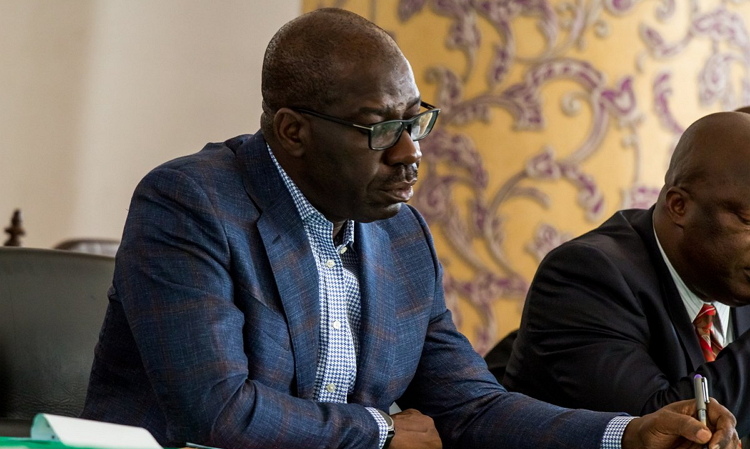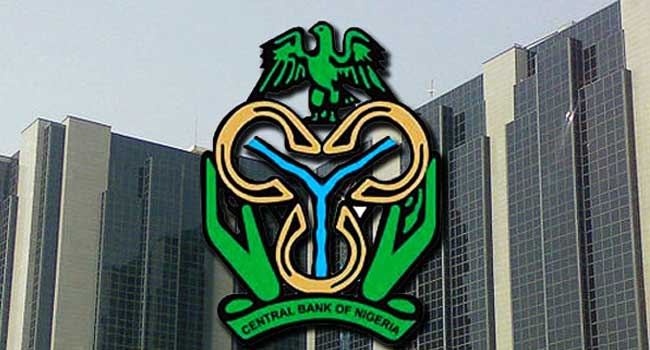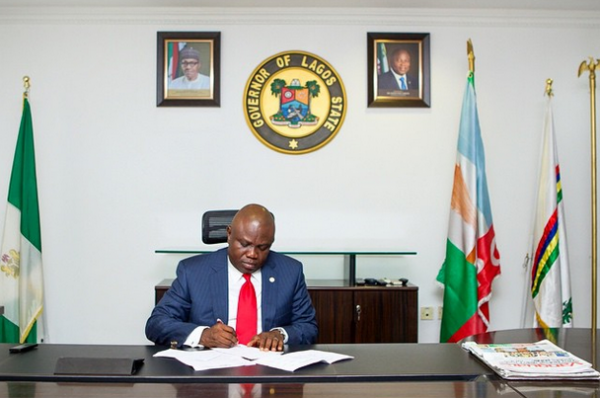As a way of ensuring empowerment, employment generation and entrepreneurship, the Vice President, Prof. Yemi Osinbajo on Wednesday in Abuja inaugurated the National Council on Micro, Medium, and Small Enterprises (MSMEs).
Osinbajo also announced the reduction of the membership of the MSMEs from 43 to 21.
Osinbajo said at the inauguration of the council that the reduction was to ensure effectiveness and proper coordination.
In his words: “This Council shall be the apex body on MSMEs development in the country, providing guidance and coordination on the establishment of strategies and policies for the wholesome support of MSME development in Nigeria.
“The next few years will be decisive for Nigeria in many profound ways.
“Our ability to create a modern industrial economy able to provide livelihoods for millions and a future for multiples will be tested.
“The challenge calls for our sharpest minds and best talents.
“And you ladies and gentlemen who form this council are of that required caliber, we simply cannot afford to fail.’’
The vice president described the council as a fresh, streamlined and refocused National Council on MSME.
He said that the council “was the coordinating platform for the implementation of all development programmes within the sub sector, especially the National Enterprise Development Programme (NEDEP)’’.
He said NEDEP was the administration’s repackaged and strategic platform to deliver growth and sustainability within the MSMEs subsector.
He said the importance of the MSMEs was enormous as they were the bedrock of the nation’s industrialization and inclusive economic development and also the most important component of industrialization.
“This is the primary driver of employment, wealth creation and poverty alleviation for our government,’’ he said.
Osinbajo recalled the survey by SMEDAN and National Bureau of Statistics showing that over 37 million MSMEs existed in the country employing no fewer than 59.7 million persons, contributing 48.4 per cent to GDP and 7.27 per cent to exports.
He, therefore, said that if each MSME employed an additional person the administration would create over 37 million extra jobs.
“With NEDEP we are making MSMEs a central part of our national growth and economic policy.
“This is a new model for national enterprise development and would reach every one of the 774 local governments in Nigeria.
“We have identified and are supporting at least one product in each of the local governments based on each local government’s area of competitive and comparative advantage.
“NEDEP will unlock the Nigerian MSMEs sub sector by resolving the issues that most small businesses have to contend with.
“These are access to finance, access to markets, weak business development dearth of technical skills, lack of infrastructure and insufficient market information,’’ he said.
The VP said that with NEDEP the administration would create enterprise zones with the required infrastructure for small businesses to succeed.
Osinbajo said the programme would transform the country through employment generation, facilitating economic linkages and engendering rural industrialization.
“As we look ahead, it is important that we not only sustain the momentum of NEDEP and other development programmes such as the highly successful nation-wide MSME clinics but we must coordinate their impact for effectiveness and sustainability.
“This is the crucial relevance of the National Council on MSMEs,’’ he said.
“The Council will effectively coordinate the enterprise development efforts made by the various tiers of government, International Development Partners (IDP) and the private sector towards job creation, wealth creation and poverty alleviation in Nigeria.
“The Council will draw its membership from the public and private sectors and its secretariat shall be the Small and Medium Enterprises Development Agency of Nigeria (SMEDAN).
“It is important to re-emphasize the point that this Council will have the same success delivery platform as the Presidential Enabling Business Environment Committee (PEBEC).
The VP outlined the responsibilities of the Council to include coordinating the activities of all stakeholders in both the private and public sectors to ensure that all efforts and activities are geared towards the priority sectors of the economy.
Others are guiding the Federal Government on the formulation of broad policies and strategies to drive the wholesome development of the MSMEs sub-sector in Nigeria.
TheNewsGuru.com reports that the council will be coordinating the roles and responsibilities of Government Ministries, Departments and Agencies (MDAs), State and Local Governments and other stakeholders responsible for MSME development.
It will be promoting inter-agency synergy and cooperation in MSME development and encouraging and strengthening Public-Private- Partnership and Public-Public-Partnership in MSME development.
It is to ensure the creation of an enabling environment to facilitate the development of MSME clusters, infrastructure upgrade, access to finance, MSME capacity building and fostering increased awareness and ensuring stakeholders’ buy-in on MSME development programmes, initiatives and projects.
The council will also ensure the institution of an effective framework for monitoring and evaluating the impact of MSME policies, programmes, projects and initiatives as well as ensure that the principles of the National Policy on MSMEs are achieved and reviewed as the need arises.
TheNewsGuru.com that the Minister of State for Industry, Trade and Investment, Mrs Aisha Abubakar, in an address said the Council looked forward to creating an MMSE sub-sector that could drive the administration’s diversification programme.
Also the D-G of SMEDAM, Dr Dikko Radda, said that the inauguration was good for the development of the economic sector and showed the importance the administration had given to MSMEs in the development of the nation’s economy.
According to him, the creation of additional 37 million jobs being proposed to the council, will eliminate joblessness in the country.
NAN




